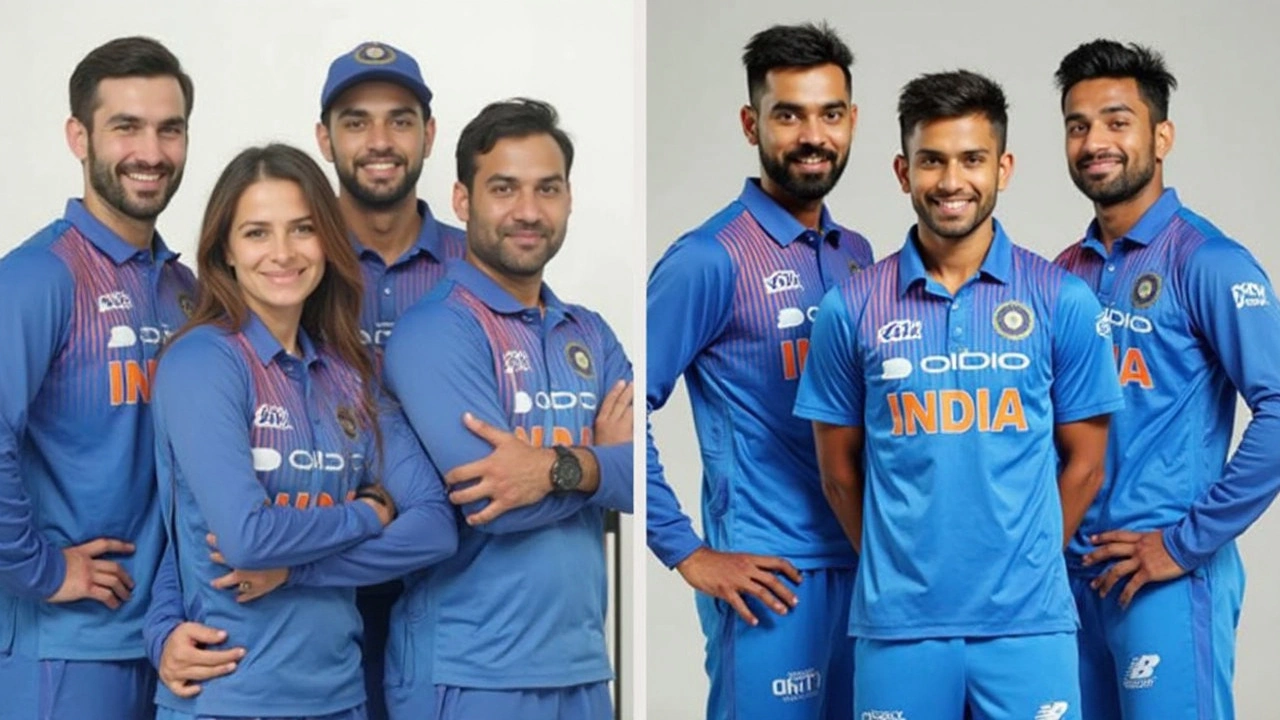Dubai Clash: What’s Happening and Why It Matters
If you’ve been scrolling through headlines, you’ve probably seen the phrase “Dubai clash” popping up a lot lately. It refers to a series of street confrontations that erupted in Dubai’s Al Ras area last week. The fights started after a heated dispute between two community groups over a proposed development project, and they quickly drew in by‑standers, police, and even a few foreign journalists.
At first glance, it looks like a local argument that got out of hand, but the fallout is already spilling over into broader conversations about urban planning, migrant rights, and regional politics. People are asking: Is this just a one‑off incident, or does it signal deeper tensions in the UAE’s rapid growth model?
Background: The Project That Sparked the Protest
The core of the clash is a new commercial‑residential complex slated for construction on a plot that was previously used as a community garden. Local residents, many of them long‑term expatriates, argued that the garden was a vital green space and cultural hub. When the municipality gave the green light for the development, protestors set up a sit‑in, chanting for the garden to be preserved.
City officials responded by sending a small police unit to negotiate, but the situation escalated when a subgroup of the protestors tried to block the construction crew’s entry. Police used non‑lethal crowd‑control measures, and that’s when the first physical clashes broke out. Within hours, videos of the scuffle went viral, pulling in people from other neighborhoods who wanted to either support the protest or defend the city’s development agenda.
What the Clash Means for Dubai and Beyond
For most observers, the Dubai clash is a reminder that even a city known for its glossy image has real social undercurrents. The rapid pace of construction in Dubai has often meant that green spaces and community venues get squeezed out. Residents are starting to push back, demanding more transparency in how land is allocated.
From a political angle, the incident gave the government a chance to showcase its response capabilities. Police released a statement saying they were "maintaining public order while respecting citizens’ rights to peaceful protest." Critics, however, argue that the use of force was disproportionate and that the authorities need to engage more with community concerns before approving projects.
On the economic front, investors are watching to see if the clash could delay the project’s timeline. So far, construction has been paused for a week, and developers are negotiating with local leaders to find a compromise. Some analysts suggest that a small redesign—adding a public park within the new complex—could defuse the tension and set a precedent for future projects.
Internationally, the Dubai clash adds another layer to the conversation about migrant labor rights in the Gulf. Many of the protestors are long‑term expatriates who feel they lack a voice in decision‑making processes. Their visibility in this clash could inspire similar movements in neighboring cities, especially where rapid development meets limited public spaces.
In short, the Dubai clash is more than a headline. It’s a flashpoint that brings together urban policy, community activism, and the balance of power between authorities and residents. Whether the garden will be saved or the development will move forward, the incident has already sparked a wider debate about how Dubai can grow without sidelining the people who call it home.
Stay tuned to Progressive Broadcast Circle News for daily updates, expert analysis, and on‑the‑ground reports as the story unfolds.
